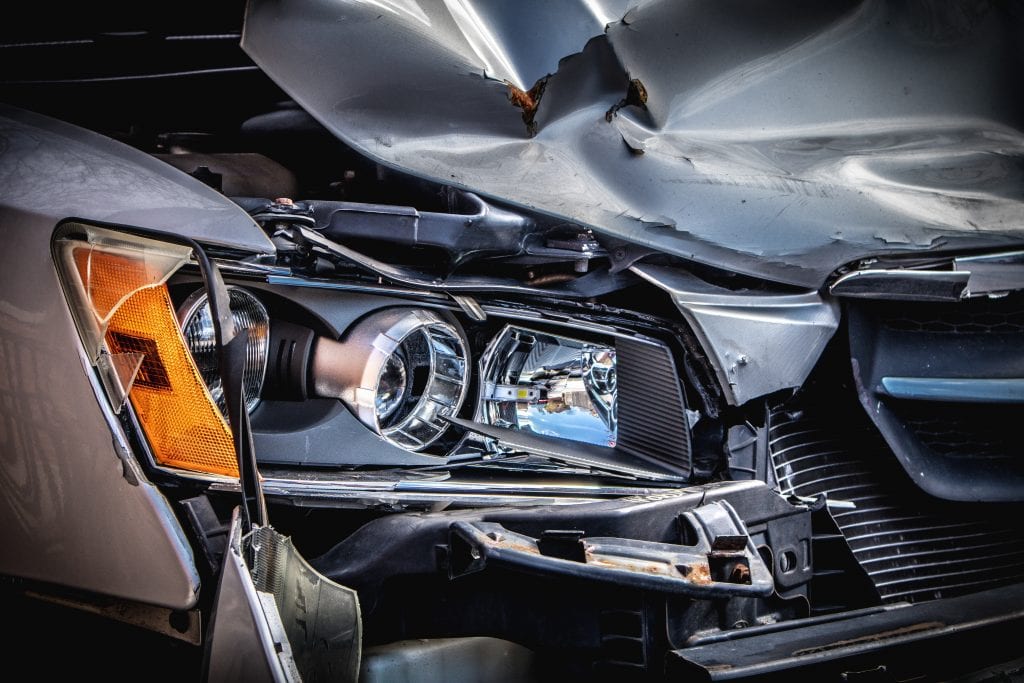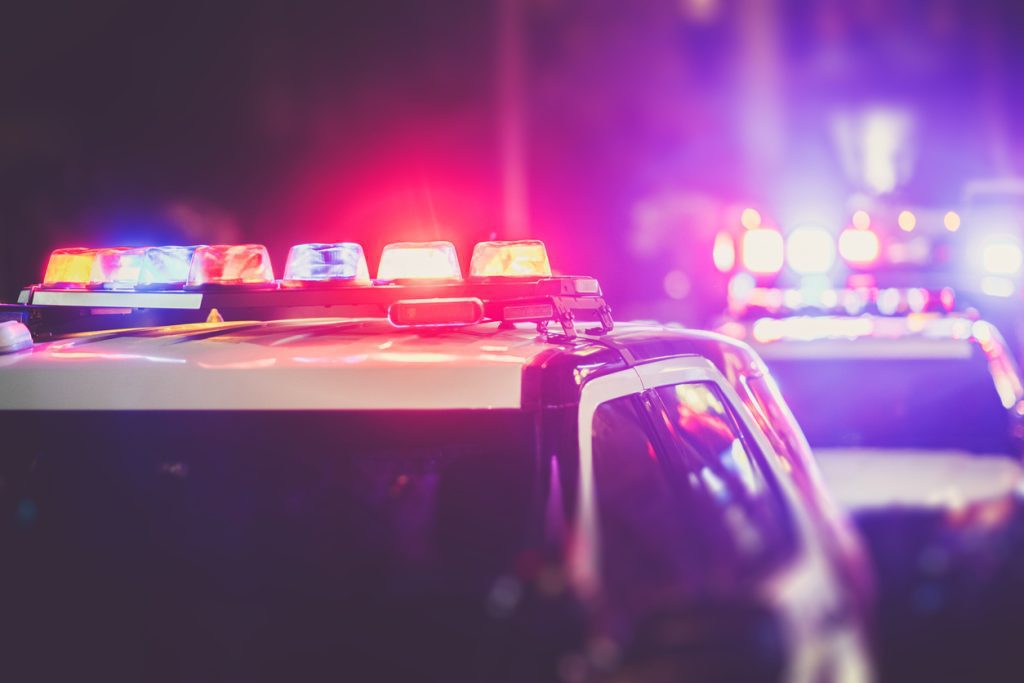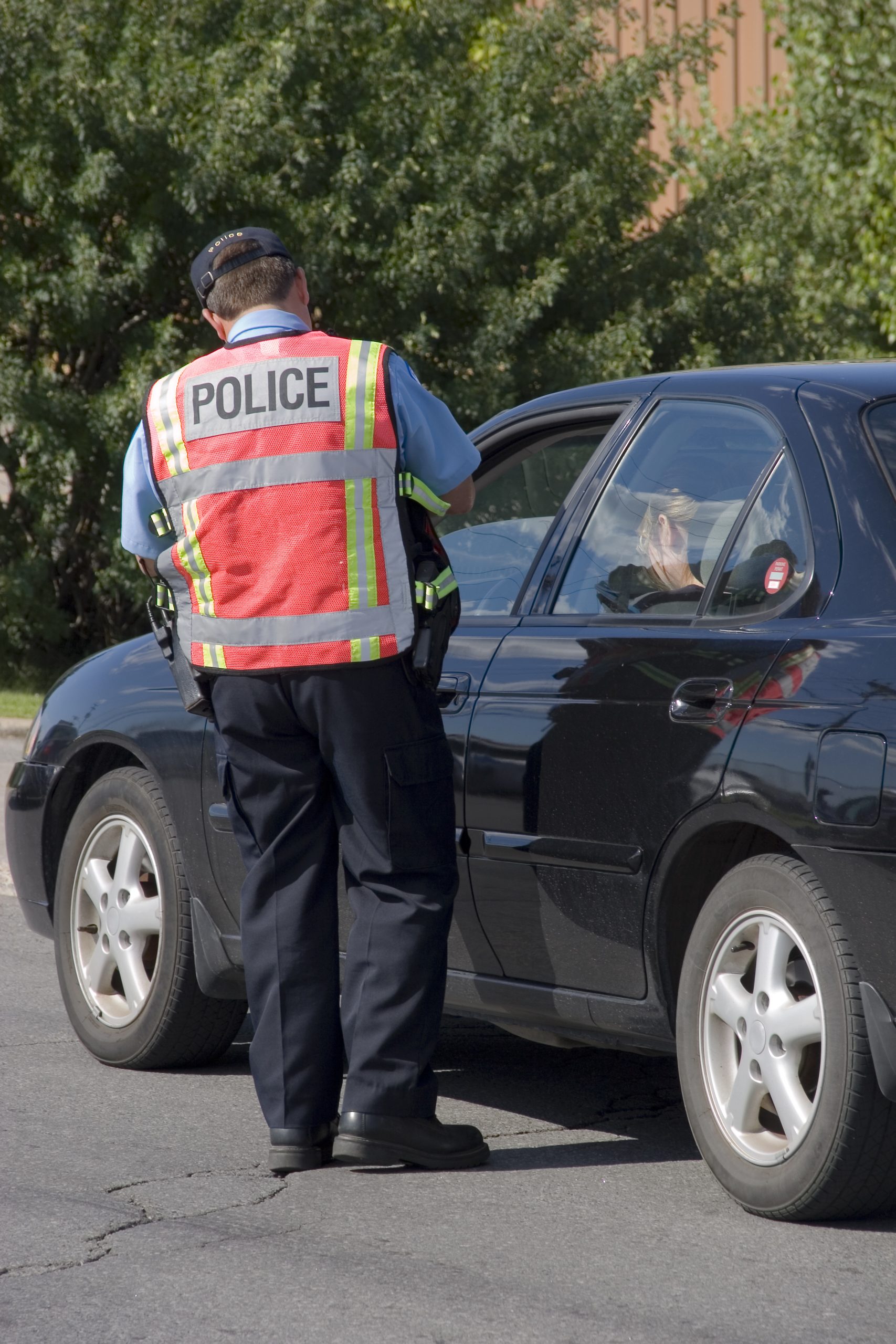by Devin D. Coleman
As I look at news outlets on TV, social media and the internet, I see so many occurrences of citizens losing their life, leaving families and communities confused and shattered as to how it could happen. During my organizing days, I worked for an organization that facilitated Know Your Rights training.
As I saw the lawyer inform the attendees of their “rights,” the information was sound, but trouble could arise in applying the new knowledge. During most “encounters” as of late, the public had a front-row seat to traffic stops, 911 calls and random encounters in the neighborhood that ended terribly, leaving many African Americans dead.
What did they do to deserve this? Why didn’t they comply? It’s not that simple.
After someone dies, the video makes it to mainstream media; we see the same cycle of question/response. What did they do? Did they have a criminal record? Why didn’t they comply? I know from first-hand experience it’s not that simple.
I’ve had my share of encounters that made my heart skip a beat. The most notable was in 2018, heading to Orlando, Florida, for a board meeting. My daughter was out of school and riding to work with her dad. As we rode down Interstate 295, traffic was bumper to bumper. I came to a complete stop due to a traffic jam. The driver behind me didn’t notice the stalled traffic and was approaching full speed. I cut my steering wheel to the left just as I felt the impact.
At the point of impact, the hot coffee in my cup flew into my daughter’s face. When the car came to a stop, I checked her, then myself. I collected my thoughts and exited my vehicle to check on the other driver and assess my vehicle’s damage.

We called the authorities; I called my parents, just in case.
I noticed the other driver’s airbag deployed; then I saw the blood. It was an older fair-skinned woman. Visibly shaken, she asked if I was okay and profusely apologized. Seeing her remorse, I told her that accidents happen. We called the authorities, and then I called my parents, just in case.
The road warriors and State Trooper (Florida Highway Patrol) arrived at the same time. The female officer was interviewing the other driver and me when my parents came in separate cars. (I’d like to note my parents were so concerned about what could happen that they both left work to check on my daughter and me.) The other driver was at fault, and I found a piece of rope to tie my trunk down so I could safely leave the scene after giving us the proper paperwork.
The State Trooper said we were good to go, bid us farewell and pulled off. My daughter decided to ride with her grandfather. I checked with the other driver to make sure she was okay before I left. She assured me she was fine. As my mother and I were walking away, another State Trooper pulled up.
He turned on his lights and sirens even though the other driver was found to be at fault.
I looked back and saw him speaking with the woman that rear-ended me. He and I made eye contact, and he ran back to his car without saying anything to me. He turned on his lights and sirens as he closed the distance between his vehicle and my own. For a split second, I thought he was about to clear a path for me to enter the highway safely. That was until I heard him over his PA system, “Stop the car, stop the car NOW. Turn the car off and remove the keys from the ignition.”
My mom, who was walking towards her vehicle stopped, and her mouth dropped. Looking into my side-view mirror, I saw him approaching my car while simultaneously unholstering his sidearm. While I placed my hands on the steering wheel, he attempted to pull my door open, but my door was locked. He stepped back, aimed his firearm at my head and said, “Open the door!”
“Why did you pull out your gun? He didn’t do anything.”
I didn’t move an inch. As I heard my mom screaming, “Don’t shoot my son,” I turned my head slowly towards the officer.
He said I was leaving the scene of an accident. I told him the accident was cleared and the paperwork was in my visor. Instead of reaching for the papers, I moved my eyes up, and he saw the report. My stepfather had returned, parking the car to hide the life-or-death incident from the view of my daughter. He ran through traffic, also saying, “Don’t shoot my son.”
Moments later, a Jacksonville Sheriff’s Office SUV pulled up. A Sergeant emerged from the vehicle, saying, “Why did you pull your gun? He didn’t do anything.” While all these people discussed the situation, the Troopers’ gun was aimed at my head. After the Police Sergeant talked the Trooper down, he looked at me and said, “We’re good.” It was a mistake.

I know my rights, but it wasn’t the time to voice my grievances or show my knowledge of “my” rights.
I knew my rights the entire time. As I said earlier, I’ve been a part of the Know Your Rights training. But I knew it wasn’t the time to voice my grievances or show my knowledge of “my” rights at the moment of this real-world experience.
How did I survive? Well, I prayed, literally. “May it be well with my soul.” Then I realized the number one rule was to get home safe. To get home safe, I needed to keep calm for myself and everyone else involved. I put my pride to the side and focused on my mother and daughter.
I didn’t want them to see me slumped over a steering wheel. So, I didn’t make any sudden movements and spoke with a quiet voice. Luckily, I was fortunate enough to have bystanders make enough calls that someone with authority diffused the situation. Once given permission, I showed my paperwork and left.
The next day, an official complaint was filed with the appropriate department, and the body camera footage was secured. Unfortunately, his actions were deemed justified, maybe due to me having a prior conviction, but I did walk away with my life.
I want to make sure the reader walks away from this article with a few of my takeaways. If you are pulled over, remain calm. You need to comply with the officer’s orders. You will also have to answer some questions but should be careful not to incriminate yourself. Save your own questions until the situation is diffused. You also need to know your rights but also know when to assert them. After the encounter, decide on a legal course of action. And then, perhaps most importantly, don’t be afraid to seek counseling.






